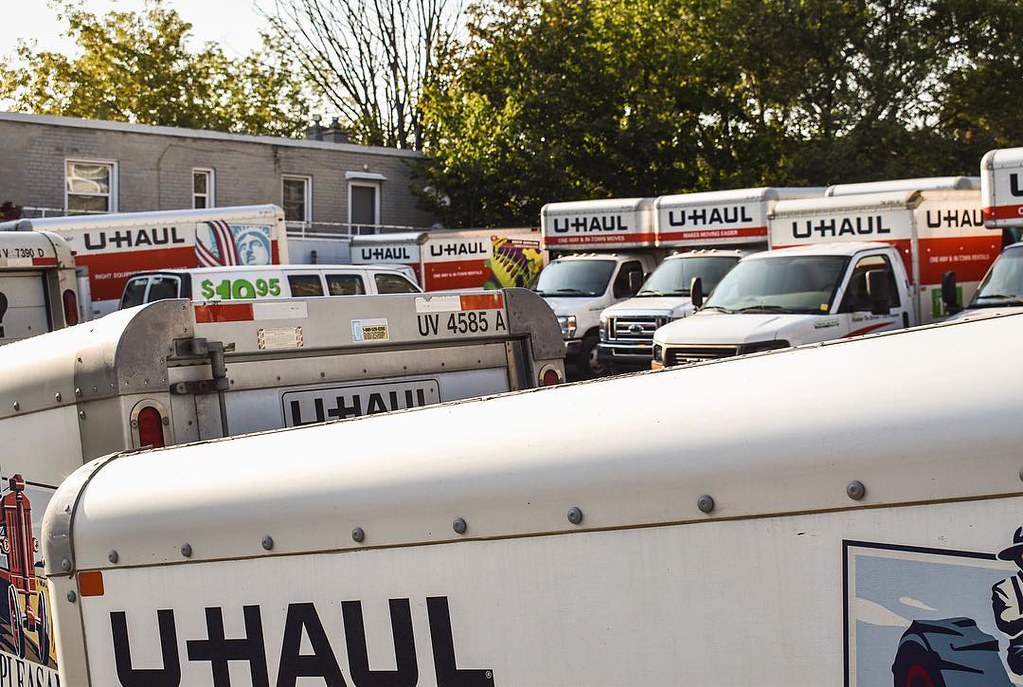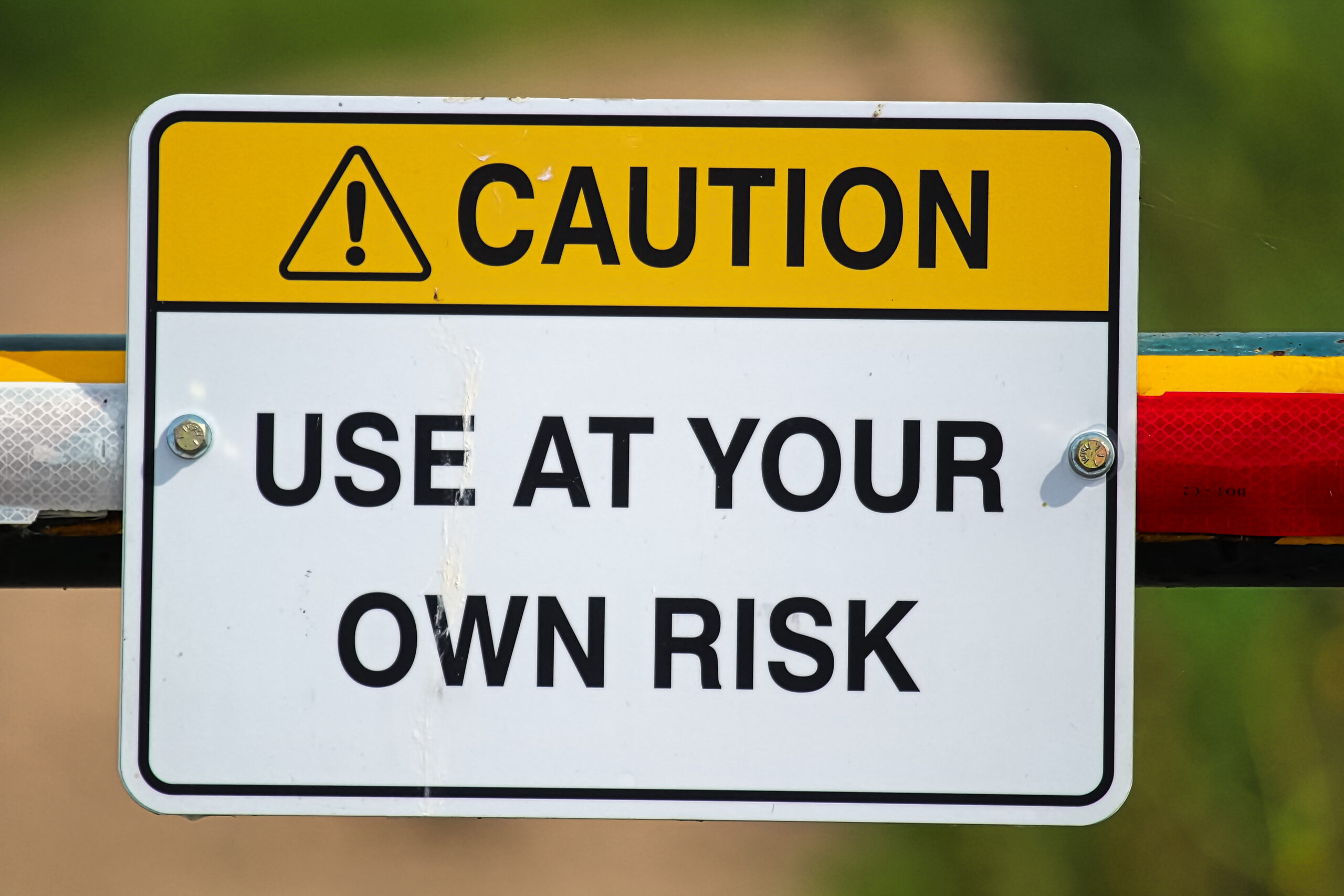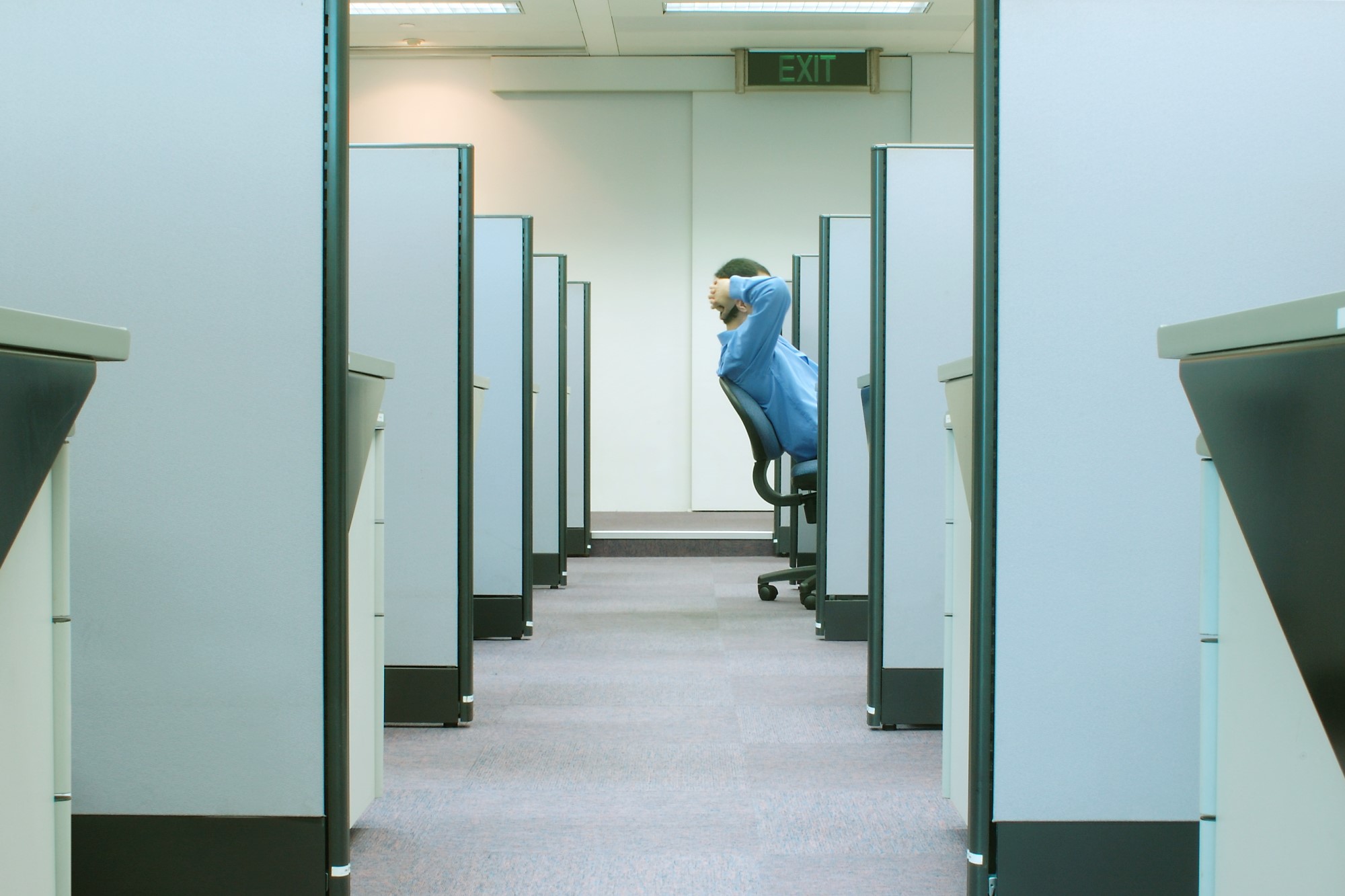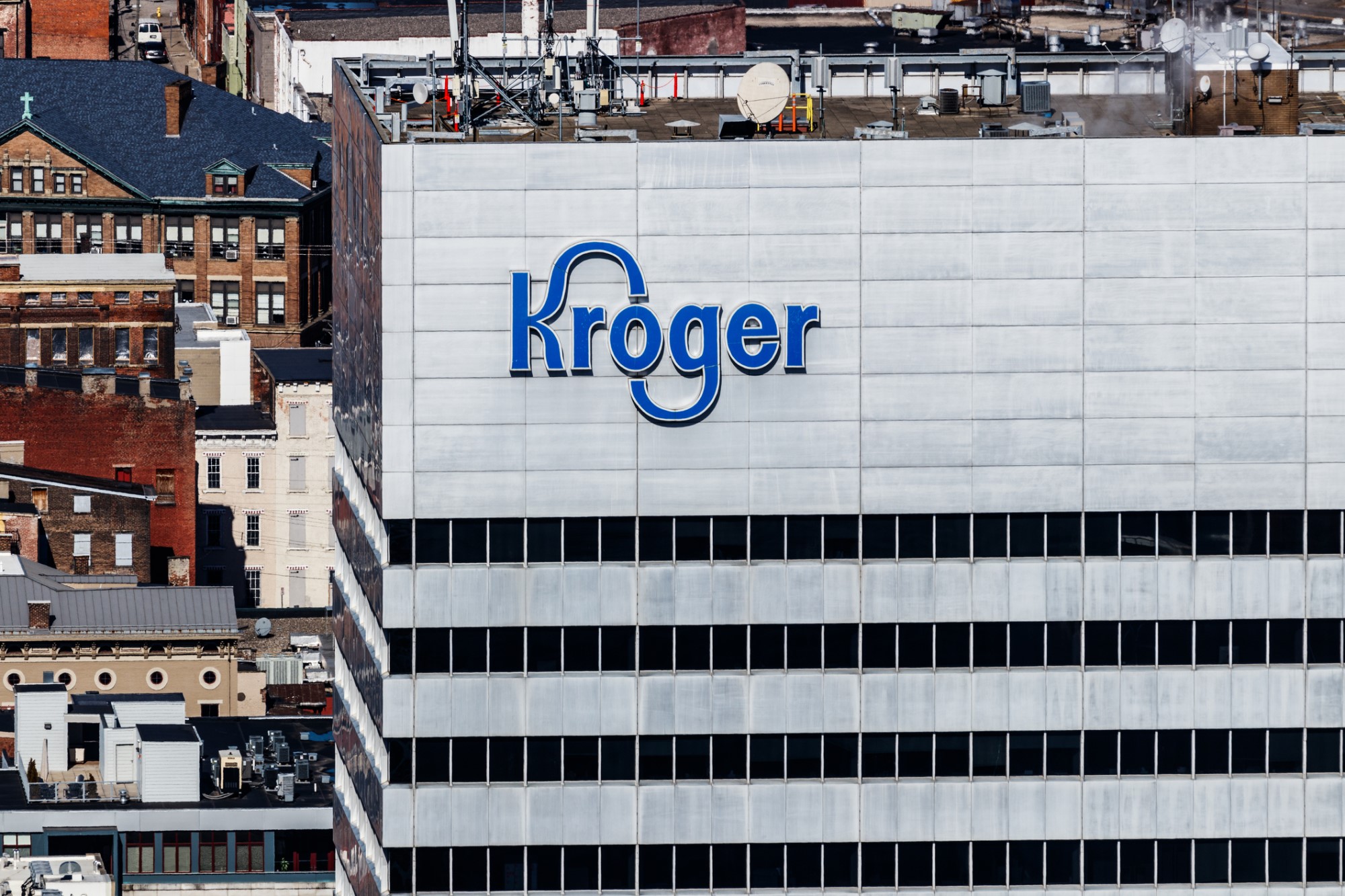U-Haul’s Anti-Smoking Workplace Wellness
This article has a set of discussion questions tailored for classroom use. Click here to download them. To see a full list of articles with discussion questions and other resources, visit our “Educational Resources” page.
U-Haul International recently announced that, beginning next month, the company will not hire anyone who uses nicotine products (including smoking cessation products like nicotine gum or patches). The new rule will take effect in the 21 states that do not have smoker protection laws. The terms of employment will require new hires to submit to nicotine screenings, placing limits on employees’ lawful, off-duty conduct.
The truck and trailer rental company has defended the new policy as nothing more than a wellness initiative. U-Haul executive Jessica Lopez has described the new policy as “a responsible step in fostering a culture of wellness at U-Haul, with the goal of helping our Team Members on their health journey.” But as the LA Times points out, “Simply barring people from working at the company doesn’t actually improve anyone’s health.”
U-Haul, however, is not alone, and employer bans on smoking are not new. Alaska Airlines has had a similar policy since 1985, and many hospitals have had nicotine-free hiring policies for over a decade. But there are important distinctions between these past policies and U-Haul’s new policy. Alaska Airlines’ ban was, at least in part, justified by the risk and difficulty of smoking on planes and in places surrounding airports; smoking simply isn’t conducive to that particular work environment. Meanwhile, hospitals’ change in hiring process was meant to support the healthy image they were trying to promote, and to demonstrate their commitment to patient health.
Interestingly (and importantly), U-Haul has not defended its new policy as a measure to improve customer experience or improve employees’ job performance. The (expressed) motivation has centered on corporate paternalism – U-Haul’s policy intends to protect their (prospective) employees’ best interests against their employees’ expressed preferences – and this has significant implications. This isn’t like screening for illicit drugs or forbidding drinking on the job. As Professor Harris Freeman notes, it “makes sense to make sure people are not intoxicated while working … there can be problems with safety, problems with productivity.” But in prohibiting nicotine use, U-Haul “seems like they’re making a decision that doesn’t directly affect someone’s work performance.” Unlike Alaska Airlines or Cleveland Clinic,
“This is employers exercising a wide latitude of discretion and control over workers’ lives that have nothing to do with their own business interests. Absent some kind of rationale by the employer that certain kind of drug use impacts job performance, the idea of telling people that they can’t take a job because they use nicotine is unduly intrusive into the personal affairs of workers.”
Similarly, the ACLU has argued that hiring policies like these amount to “lifestyle discrimination” and represent an invasion of privacy whereby “employers are using the power of the paycheck to tell their employees what they can and cannot do in the privacy of their own homes.” This worry is further compounded by the fact that,
“Virtually every lifestyle choice we make has some health-related consequence. Where do we draw the line as to what an employer can regulate? Should an employer be able to forbid an employee from going skiing? or riding a bicycle? or sunbathing on a Saturday afternoon? All of these activities entail a health risk. The real issue here is the right of individuals to lead the lives they choose. It is very important that we preserve the distinction between company time and the sanctity of an employee’s private life. Employers should not be permitted to regulate our lives 24 hours a day, seven days a week.”
Nicotine-free hiring policies or practices that levy surcharges on employees who smoke tend to rely heavily on the notion of individual responsibility: employees should be held accountable for the financial burden that their personal choices and behaviors place on their employers and fellow employees. But these convictions seem to ignore the fact that smoking is highly addictive, and 88% of smokers formed these habits before they were 18. Given this, the issue of accountability cannot be concluded so cleanly.
Apart from concerns of privacy or questions about individual responsibility, smoking bans on employment present a problem for equality of opportunity. According to the CDC, about 14 percent of adults in the U.S. smoke cigarettes. But smokers are not evenly distributed across socioeconomic and racial groups. For instance, half of unemployed people smoke; 42% of American Indian or Alaska Native adults smoke, 32% of adults with less than a high school education smoke; and 36% of of Americans living below the federal poverty line are smokers. It’s not hard to see that nicotine-free hiring practices disproportionately burden vulnerable populations who are already greatly disadvantaged. U-Haul’s low-wage, physical labor jobs, from maintenance workers to truck drivers to janitors, are restricted from those who may need them most (on grounds that have nothing to do with a candidate’s ability to perform job-related tasks).
This is no small thing; the Phoenix-based moving-equipment and storage-unit company employs roughly 4,000 people in Arizona and 30,000 across the U.S. and Canada. Lopez has claimed that “Taking care of our team members is the primary focus and goal” and that decreasing healthcare costs is merely “a bonus,” but it’s hard to separate the two. A recent study by Ohio State University estimated the cost employees who smoke pose to employers. Added insurance costs as well as the productivity lost to smoke breaks and increased sick time amounted to nearly $6,000 annually. Clearly, employee health, insurance costs, and worker output are all linked, and all contribute directly to a company’s profitability. The question is who should have to pay the cost for the most preventable cause of cancer and lung disease: employers or employees?
It may be that the real villain here is employer-sponsored insurance. By decoupling one’s employment from one’s healthcare, companies like U-Haul might be less invested in meddling with their employees’ off-duty choices. They have much less skin in the game if their employees’ behaviors aren’t so intimately tied to the company’s bottom line. Unless healthcare in the US changes, we may be destined to constantly police the line separating our private lives from our day jobs.





